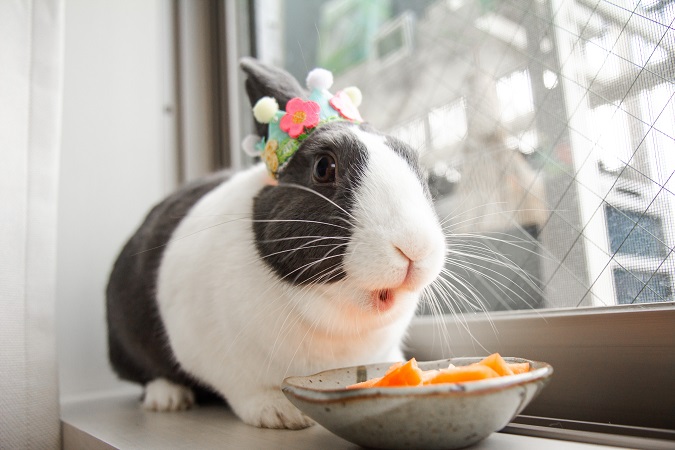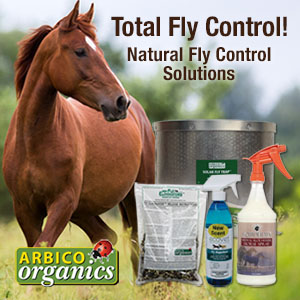
Rabbits have a unique digestive system, which best suits a high fiber, low protein, low energy diet. Follow these guidelines to help ensure your rabbit is getting the proper nutrition.
Vegetables
Vegetables are essential to the health of rabbits and at least two cups of three different vegetables per 6 pounds of body weight should be fed to a rabbit every day. A wide variety of vegetables will result in the healthiest rabbit, preferably a combination of dark green vegetables and root vegetables. Stay away from beans or rhubarb, as they can cause the rabbit to become sick. Additionally, it is wise to select vegetables that are high in vitamins, especially A. To ensure that the rabbit can tolerate a specific vegetable, add one vegetable at a time to its diet. If the rabbit suffers from any adverse reactions, such as loose stools, then discontinue use of the new vegetable immediately. Radish tops are enjoyed by many rabbits and are considered as a healthy part of their diet.
Yard Grass
A high fiber diet, as well as being essential for digestion, also helps them to keep their teeth trim. All a rabbit really needs is a good quality rabbit mix containing cereal grains, minerals and vitamins, a constant supply of fresh hay, fresh water and small quantities of fresh fruit and vegetables. However, in the wild they eat grass and graze on vegetation. Its therefore not a problem to let him nibble on the grass in your yard unless the grass is chemically treated. Be sure that nothing has been used on the grass within the last 6 years or so. Some chemicals can remain in soil for that long.
Night Droppings
For people who are not familiar with this concept, night droppings are an essential part of a rabbit’s nutrition. Healthy rabbits produce two different types of waste. One is the normal hard, dry round droppings, and the other is soft and resemble clumps of grapes. They are very important for proper health. They come directly from the cecum, which is the part of the digestive system where fermentation of food takes place, and rabbits eat them a second time around to re-digest the material and extract necessary nutrients. Occasionally a rabbit won’t eat their night droppings because they are overweight and cannot reach their anus. Other common reasons include a diet that is too low in fiber and leads to either too many night droppings being produced or of the wrong consistency.
Crusty Bits in Rabbit Fur
Hard crusts or mats in a rabbit’s fur are often the result of the rabbit not being groomed often or thoroughly enough; or having bedding or litter that is not cleaned and replaced often enough. Long-haired rabbits require daily grooming of at least 10 to 20 minutes to maintain a healthy coat. If your rabbit is being groomed and their living space is clean, but they still have crust in their haircoat, you should take them to a veterinarian, because there are rare autoimmune diseases that can affect rabbits’ skin, producing crusty lesions in the coat.
Related Articles & Free Email Newsletter Sign Up
Did You Know This About Rabbits?
How to Identify and Treat Warbles in Rabbits




Comment here